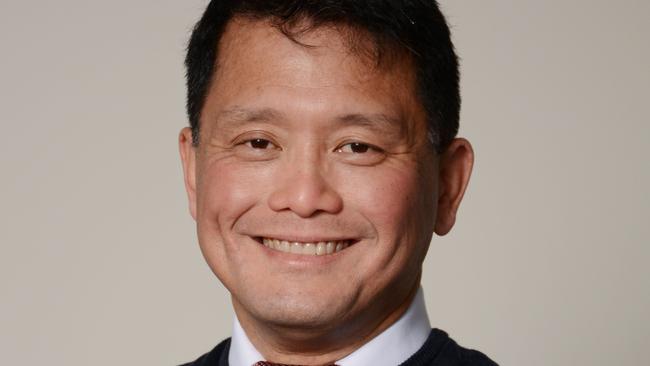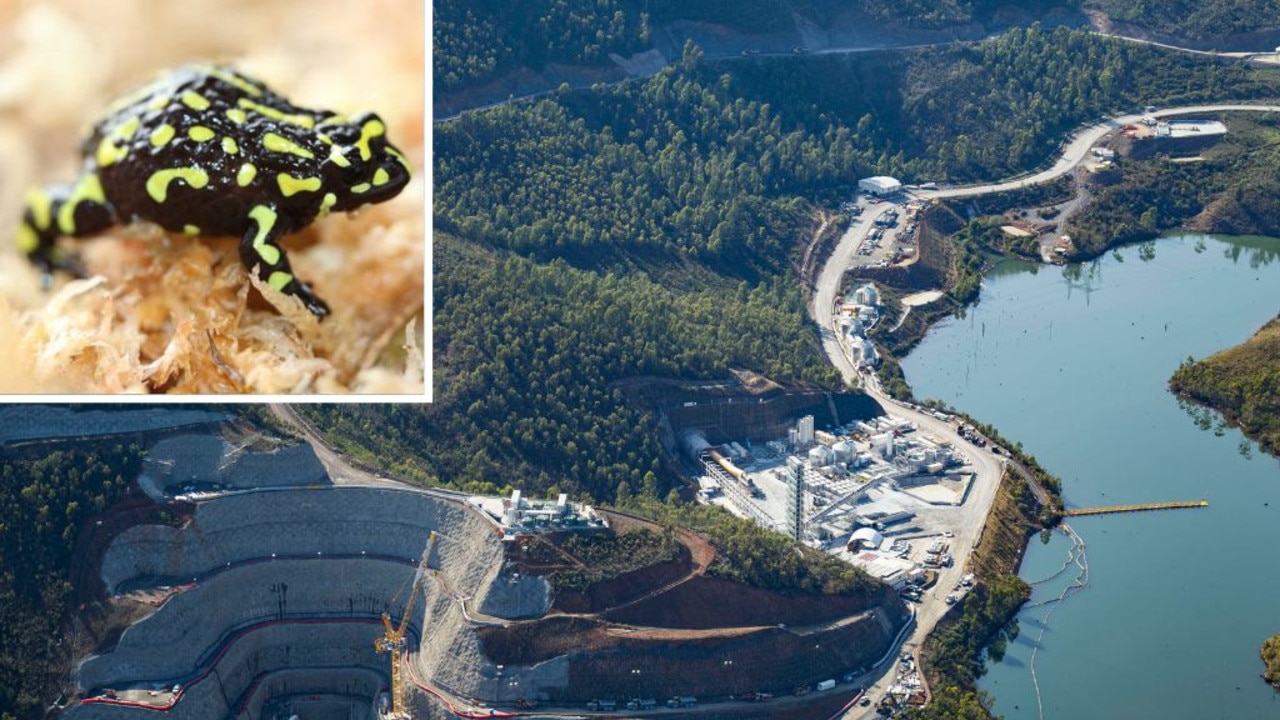Coronavirus: AMA call for mass upscaling of home-made drug manufacture
The AMA is calling for a mass upscaling of critical drugs to be manufactured onshore, triggered by a shortage of essential medications due to coronavirus disruptions.

The Australian Medical Association has warned of a shortage of essential medications because of supply chain disruptions caused by the pandemic, and is calling for a mass upscaling of critical drugs to be manufactured onshore.
The drugs range from normal routine medications used for reflux and heartburn and hormone replacement therapy for women to more serious medications for gastrointestinal issues, antidepressants and allergies.
AMA vice-president Chris Moy said Australia’s ability to secure basic and life-saving medications had diminished, exposing the medical system’s overreliance on international supply chains.
“This year has exposed the fact that Australia has essentially relied on the world market because for other countries, it’s easier for them to manufacture drugs and at a cheap price,” Dr Moy said.
“We should be looking at far more reaching proactive intelligence and procurement ability, and also look at stockpiling critical medications if we need to,” he said. “The pandemic has exposed that because of weak supply chains.”
Dr Moy, also a member of the Medicines Shortage Working Party run by the Therapeutic Goods Association, said patients had become inconvenienced having to pay more for their drugs, with some forced into critical life-threatening situations without them. This had left GPs scrambling to prescribe secondary options, causing distress and anxiety for their patients.
Dr Moy says there is no international monitoring system for tracking inventory of medications, meaning GPs are forced to hope the drugs they have ordered and need will be in stock.
Australia imports more than 90 per cent of its drugs from major manufacturing countries including China, the US, India and the UK and is at the end of a global supply chain, making the nation vulnerable to disruptions there.
“The main issue is we’ve become complacent; we just assumed this would always be the case but COVID has exposed that we need to plan for a rainy day, which is unfortunately what has happened in the last 12 months,” Dr Moy said.
“I would like to see proactive surveillance of what’s happening on the supply chains so you can see what there is. At the moment you’re just waiting and hoping it will turn up. You might call up a pharmacist and hear that a factory has shut for six months.”
Vulnerabilities were first raised when COVID-19 hit in March last year, with doctors concerned by a shortage of anaesthetic, which is used for ventilators and critical surgeries, causing surgeries to be delayed to ensure the drug’s stock.
Widespread shortages of masks and personal protective equipment in Australian hospitals also highlighted threats to supply chains in crisis.
As COVID-19 continues to hammer the northern hemisphere, Dr Moy warned of the need to safeguard medical supplies in case of future pandemics, and raised concern about any future political instability with major trading partners.
“If you look more into the future and the new world, whether it be health, or other stresses on the world, which may be political war, it’s important to look at them and prepare,” he said.



To join the conversation, please log in. Don't have an account? Register
Join the conversation, you are commenting as Logout